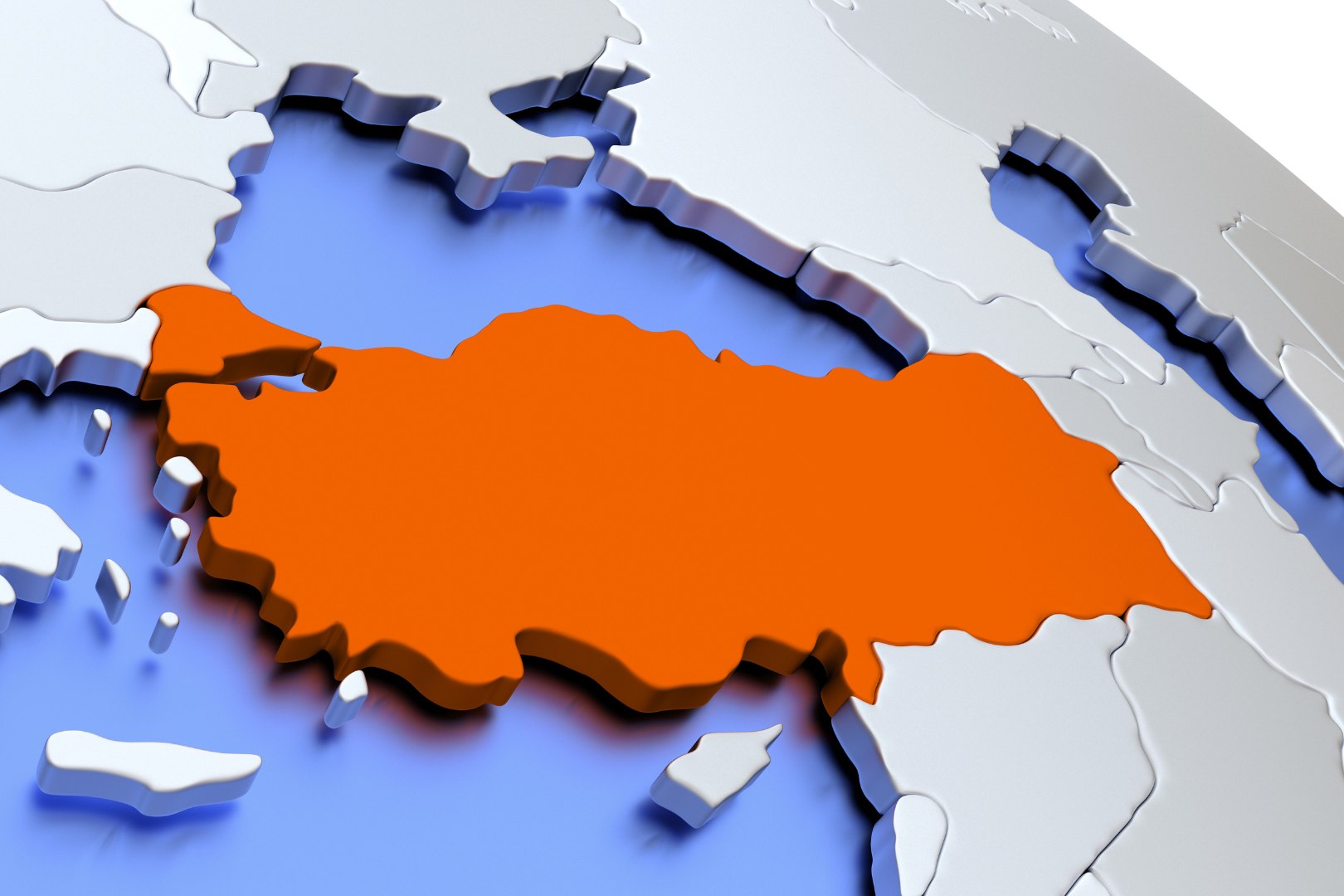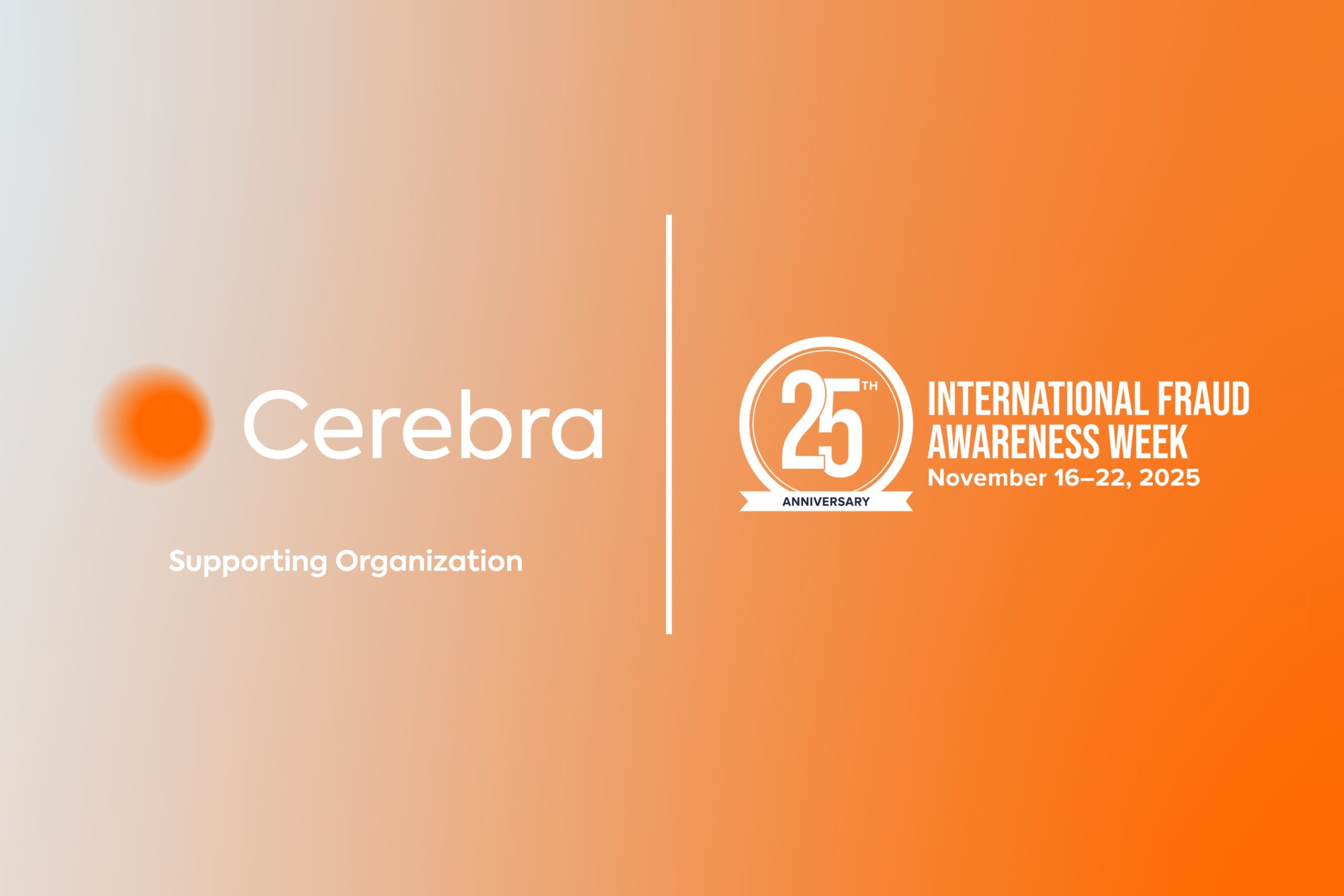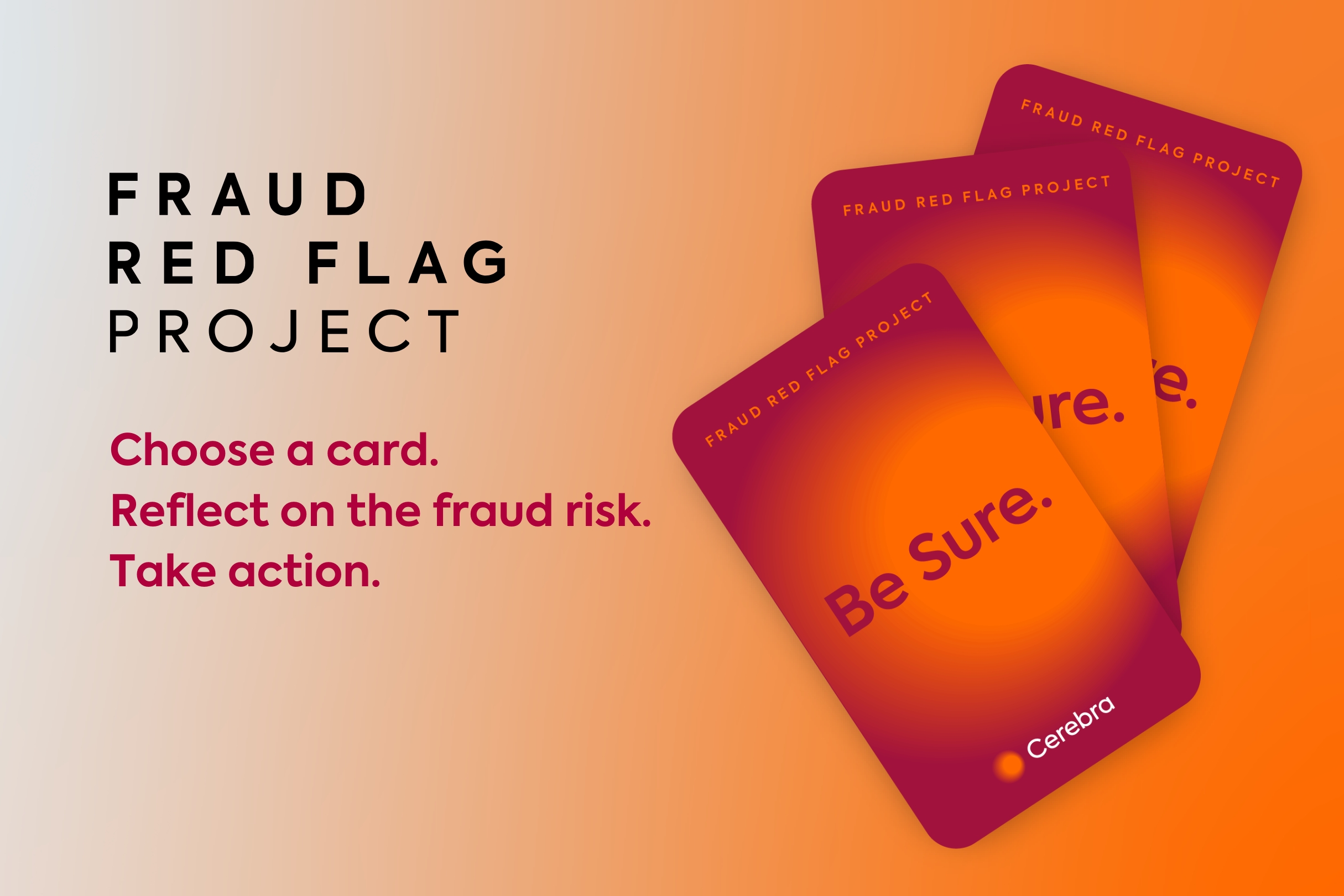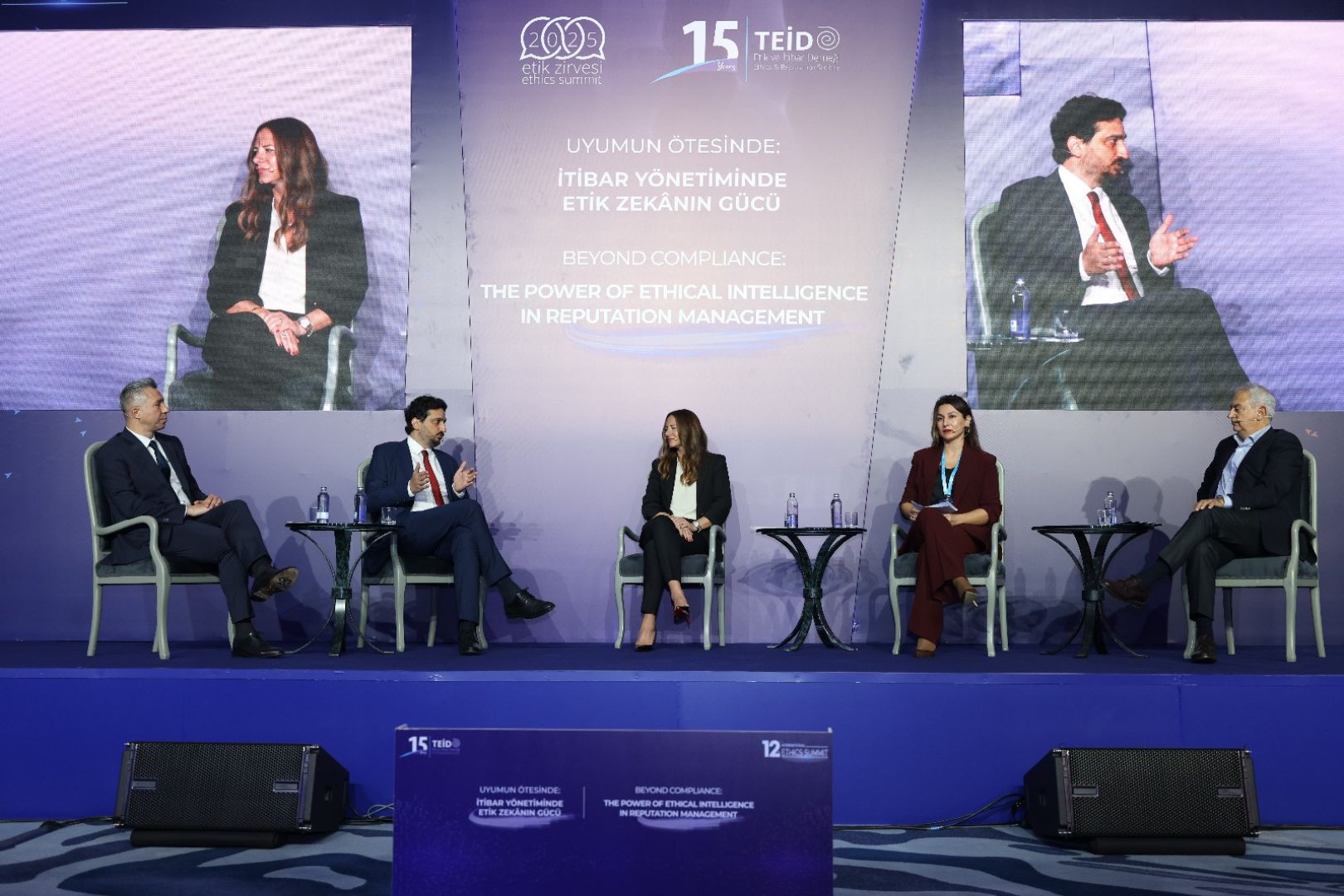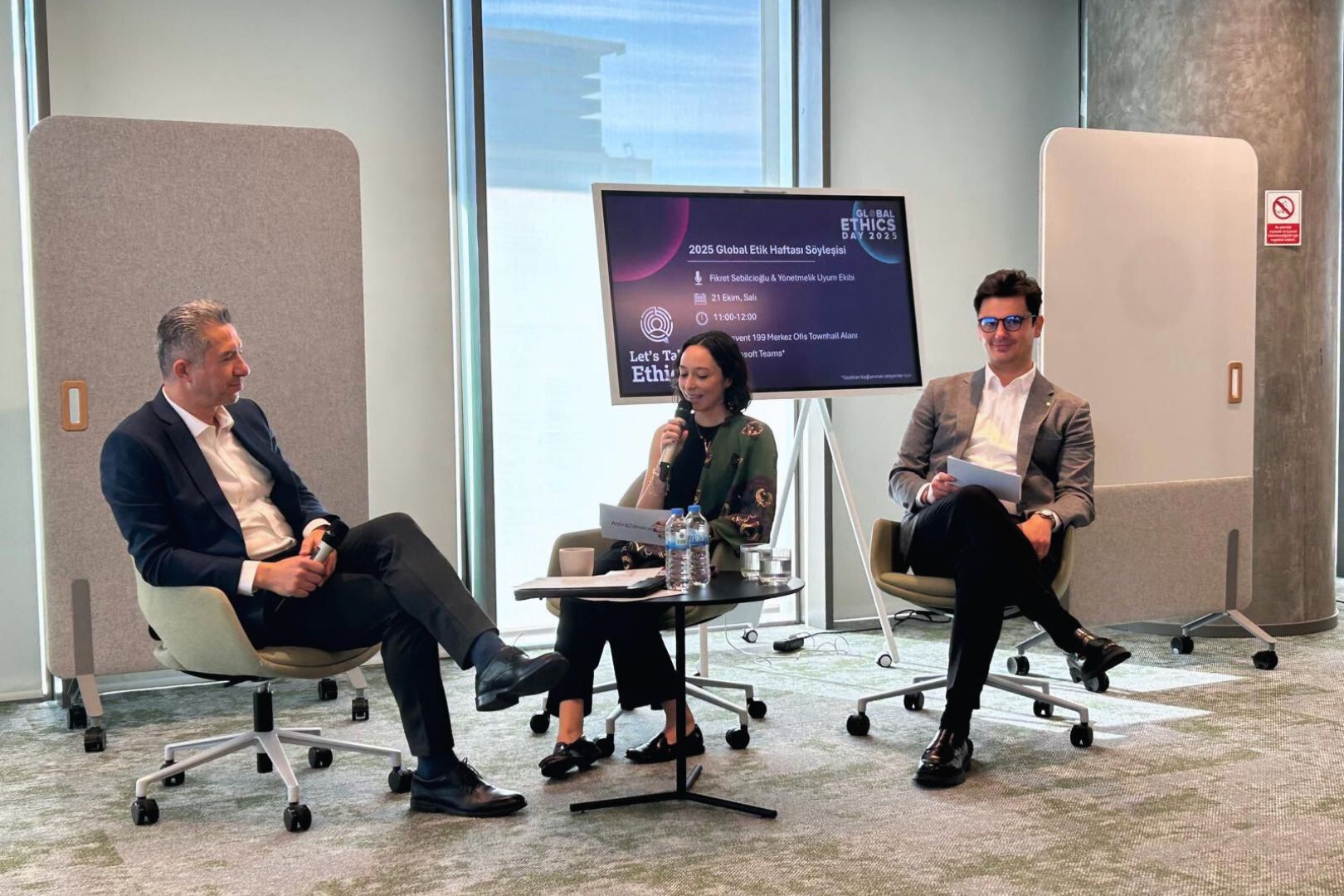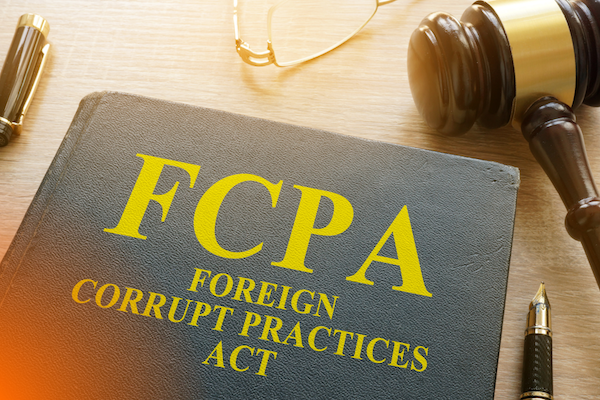
A Growing Anti-Corruption Phenomenon: The Foreign Corrupt Practices Act (FCPA) And Its Global Impact
Fikret Sebilcioğlu“The Foreign Corrupt Practices Act (FCPA) / Anti Bribery Alert Winter 2015” has been published by Hughes Hubbard & Reed LLP. The report proves that the FCPA remains alive and well!
The report* states that penalties imposed by U.S. regulators in 2014 were greater than the previous fines leveled in 2011, 2012 and 2013 combined. New resources have been dedicated to continued enforcement. The collective impact of these actions conclusively dismisses any suspicions that the DOJ and SEC might diminish theirs efforts to prosecute corruption and related offences.
More importantly, it is unusual to observe that that enforcement activities from different jurisdictions such as Brazil, Canada, China, the Netherlands, Norway, Oman and the United Kingdom have occurred. Unfortunately, Turkey is not one of those countries that demonstrate the determination regarding enforcement activities. But there is one fact that the FCPA is significantly impacting enforcement activities all over the world.
What is the FCPA?
The Foreign Corrupt Practices Act (FCPA) is a critically important statute for combating corruption around the globe.
The FCPA contains both anti-bribery and accounting provisions:
a) The anti-bribery provisions prohibit U.S. persons and businesses (domestic concerns), U.S. and foreign public companies listed on stock exchanges in the United States or which are required to file periodic reports with the SEC, and certain foreign persons and businesses acting while in the territory of the United States (territorial jurisdiction) from making corrupt payments to foreign officials to obtain or retain business.
b) The accounting provisions require companies to make and keep accurate books and records and to devise and maintain an adequate system of internal accounting controls. The accounting provisions also prohibit individuals and businesses from knowingly falsifying books and records or knowingly circumventing or failing to implement a system of internal controls.
The FCPA’s top ten cases
The top ten cases involved financial penalties of $4.4 billion, or an average of $440 million. Here are the current top ten FCPA enforcement actions of all time:
| Company | Country | Penalty Amount (million USD) | Year | |
| 1 | Siemens | Germany | 800 | 2008 |
| 2 | Alstom | France | 772 | 2014 |
| 3 | KBR / Halliburton | USA | 579 | 2009 |
| 4 | BAE | UK | 400 | 2010 |
| 5 | Total SA | France | 398 | 2013 |
| 6 | Alcoa (U.S.) | U.S.A | 384 | 2014 |
| 7 | Snamprogetti Netherlands B.V./ ENI S.p.A. | Holland/Italy | 365 | 2010 |
| 8 | Technip SA | France | 338 | 2010 |
| 9 | JGC Corporation | Japan | 219 | 2011 |
| 10 | Daimler AG | Germany | 185 | 2010 |
It is interesting to see that eight companies in the top ten are non-U.S. firms although the penalties were imposed by U.S. regulators due to the FCPA.
Size does not matter: Wake-up call for small and medium-sized companies
While settlements with large size companies such as Alstom, Alcoa, and Avon were the headline grabbers in 2014, the year also brought a number of enforcement actions against small and medium-sized companies. For example in July 2014, firearms manufacturer Smith & Wesson Holding Corporation agreed to a settlement with the SEC for $2 million. Another example is that two former employees of defense contractor FLIR Systems agreed to pay the SEC fines of $50,000 and $20,000, respectively, to settle the FCPA charges arising out of the alleged provision of gifts, travel, and entertainment to Saudi officials for a “world tour.”
In summary, it is unavoidable fact that small and medium-sized businesses that want to enter into high-risk markets and expand their international sales must be careful.
The FCPA is a criminal statute where there is no concept of materiality. Companies have been prosecuted for vary small bribes and for inaccurate books and records or failures to set up systems of controls – which arguably have no monetary value. Criminal activity by your employees that impacts your company should always be seen as material.
Where Turkey stands in the FCPA enforcements?
Although Turkish regulators’ low level of enforcement, the U.S. regulators’ enforcements caused to name Turkey in various criminal and regulatory investigations such as Smith & Wesson, Tyco, Daimler, Siemens, Delta & Pine Land, Micrus.
What is the OECD approach on anti-corruption and impact on Turkey?
The Organisation for Economic Co-operation and Development (“OECD”) has recently taken several steps aimed at increasing the anti-corruption enforcement efforts of member countries and signatories to the OECD Convention on Combating Bribery of Foreign Public Officials in International Business Transactions (“OECD Convention”). The latest report of OECD dated 17 October 2014 states that OECD is “seriously concerned about Turkey’s low level of enforcement” in its “efforts to enhance its foreign bribery legislation” – including specifically the absence of any foreign bribery convictions in the eleven years since Turkey ratified the treaty. Turkey is specifically criticized for claiming to be unaware of certain bribery allegations even though “these were publicized in both Turkish and foreign news.”
Sweeping impact of international enforcement efforts
We are seeing more and more anti-corruption conferences being held across the globe in which international enforcement efforts, whether undertaken pursuant to the FCPA, OECD or local law, are being discussed and highlighted. The UN and the World Bank also are intensifying their anti-corruption efforts. Most interestingly, regulators from different countries are beginning to coordinate their efforts.
While U.S. prosecutors have indeed sent strong messages to U.S. executives through enforcement actions, they are also sending similar messages to their counterparts outside the US. This is so clear in the aforementioned top ten list where eight companies are non-U.S. firms. Do you think this is a coincidence? It appears that this is a question particularly executives working for non-U.S. companies can answer best. In the meantime, while understanding what is going on related to anti-corruption regulations, we strongly recommend that company executives start their journey to assess their company’s anti-corruption risks, take actions to reduce these risks and have ongoing review on the related controls.



